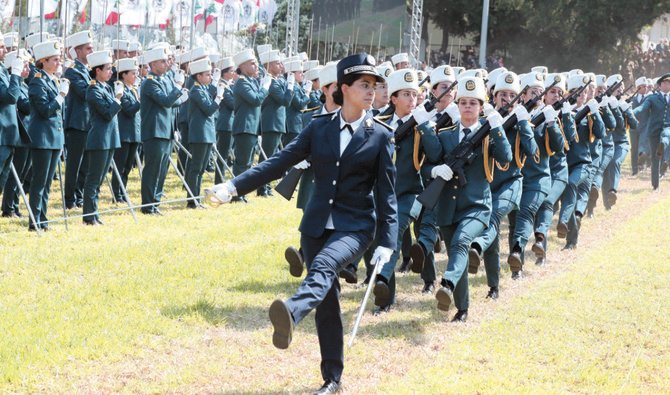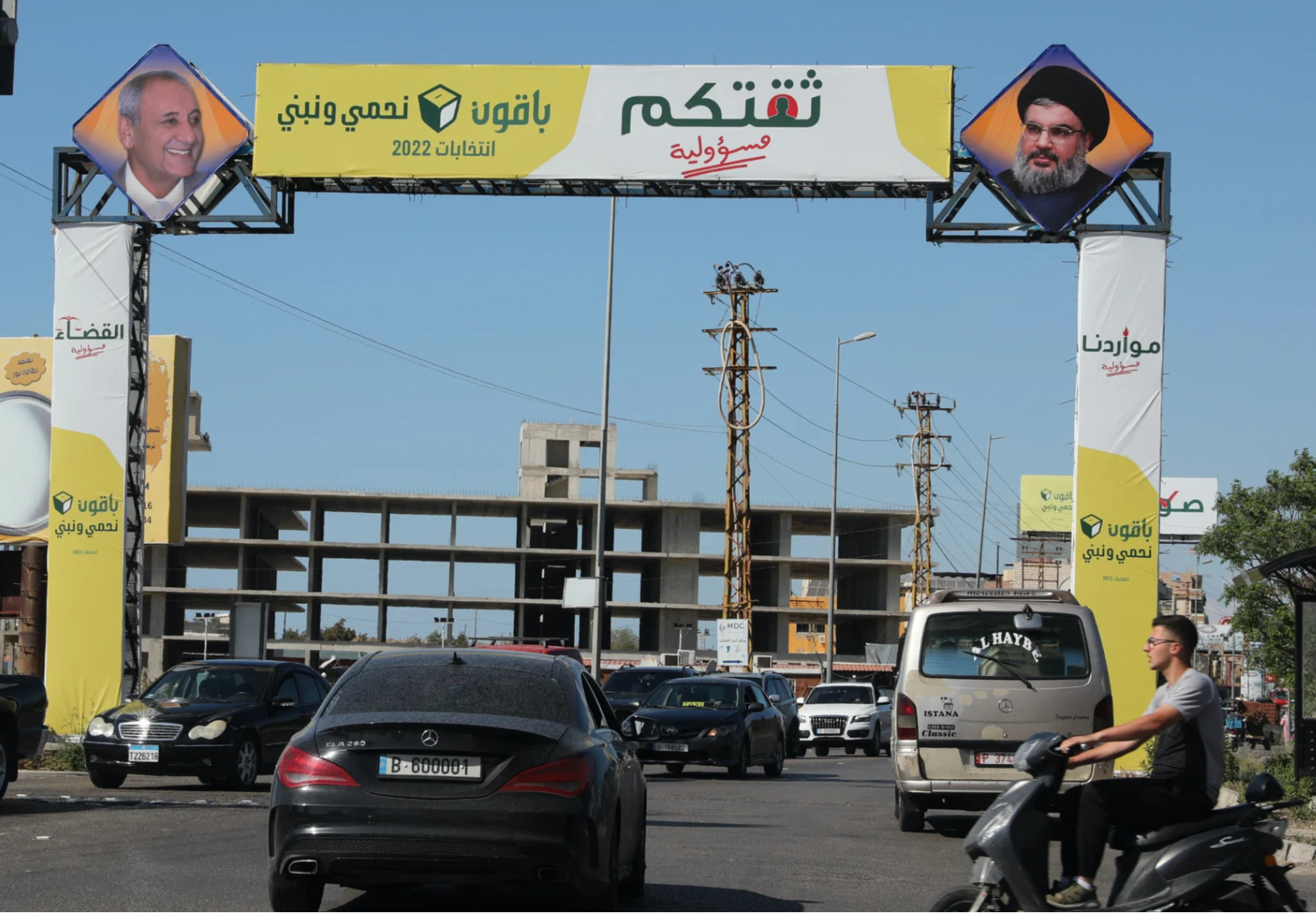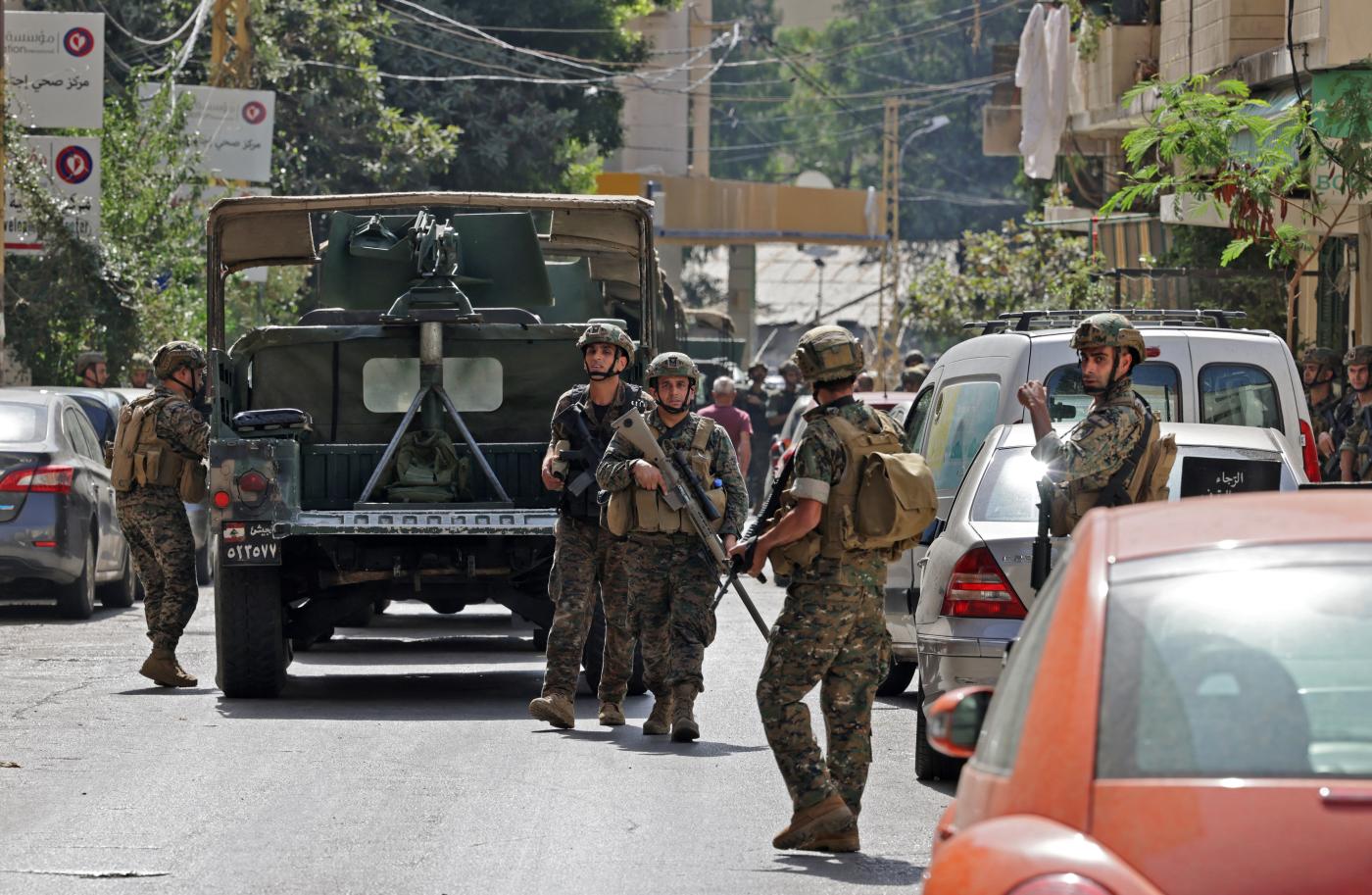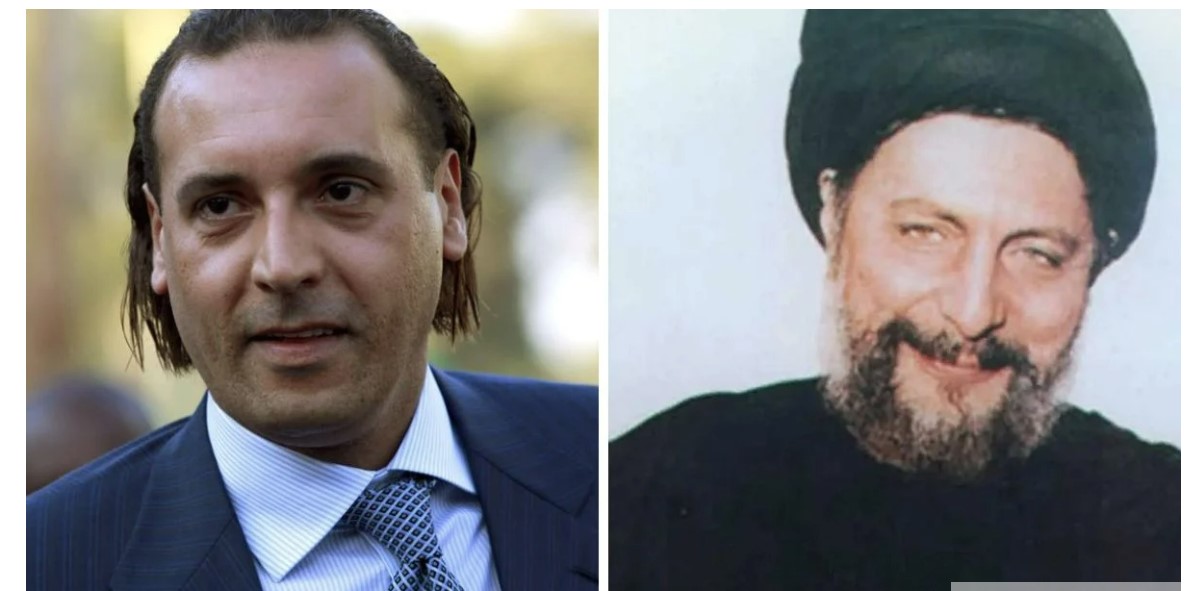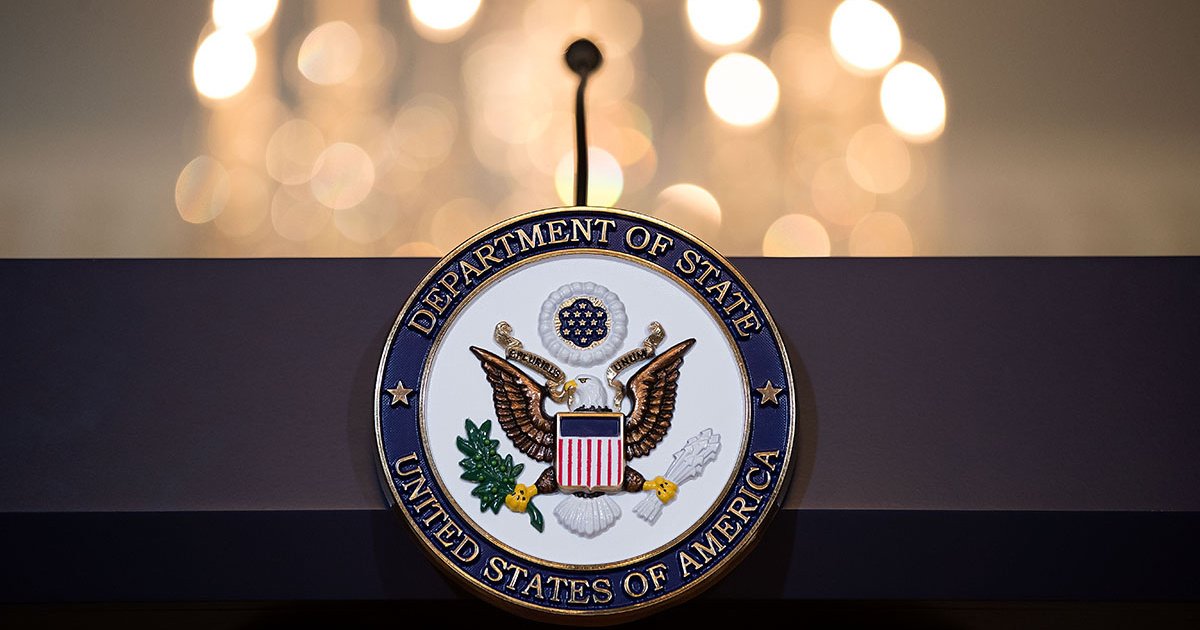
theadvocate.com — It’s difficult to calculate just how many people of Lebanese descent live in Acadiana today, but the cultural impact of this population is apparent everywhere. Generations of Acadiana residents remember shopping at Abdalla’s, Brother’s on the Boulevard, or Boustany’s Department Store. Local institutions such as Evangeline Maid and Evangeline Downs were concerns of prominent Lafayette businessman Frem Boustany. And when you drive down Kaliste Saloom Road, visit the major retail and medical centers of South Lafayette, or eat at restaurants such as Tabouleh Lebanese Cuisine, you’re participating in slices of Acadiana life that only exist thanks to waves of immigration from the modern-day country of Lebanon.
The first families began arriving in South Louisiana in the 19th century, bringing names that are still well-known today — like Saloom. Other Lebanese family names include Boustany, Azar, John, Ashy, Antoine, Abdalla, Hannie, Mahtook, and Haik — a short list of dozens that have descendants in South Louisiana. The Salooms were some of the earliest arrivals from the region that was then a province of Syria. According to Lafayette City Judge Judge Doug Saloom, his great-uncle Racheed was the first Saloom in the area, after arriving in Ellis Island and working his way down from New York. “He was so exhausted when he got to New York, he fell asleep and he was robbed,” says Doug Saloom. “They took his passports, money, everything. He walked and hitched rides down to Louisiana.”
